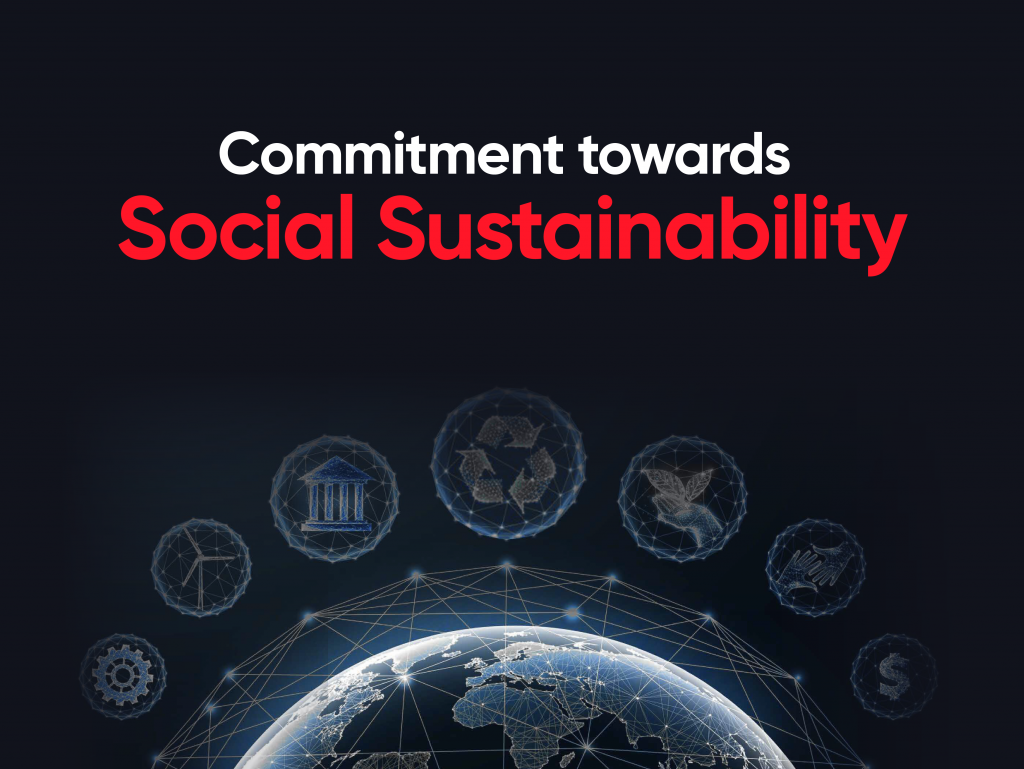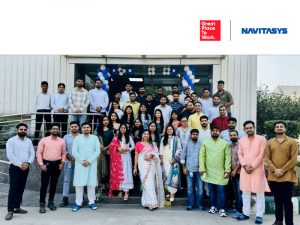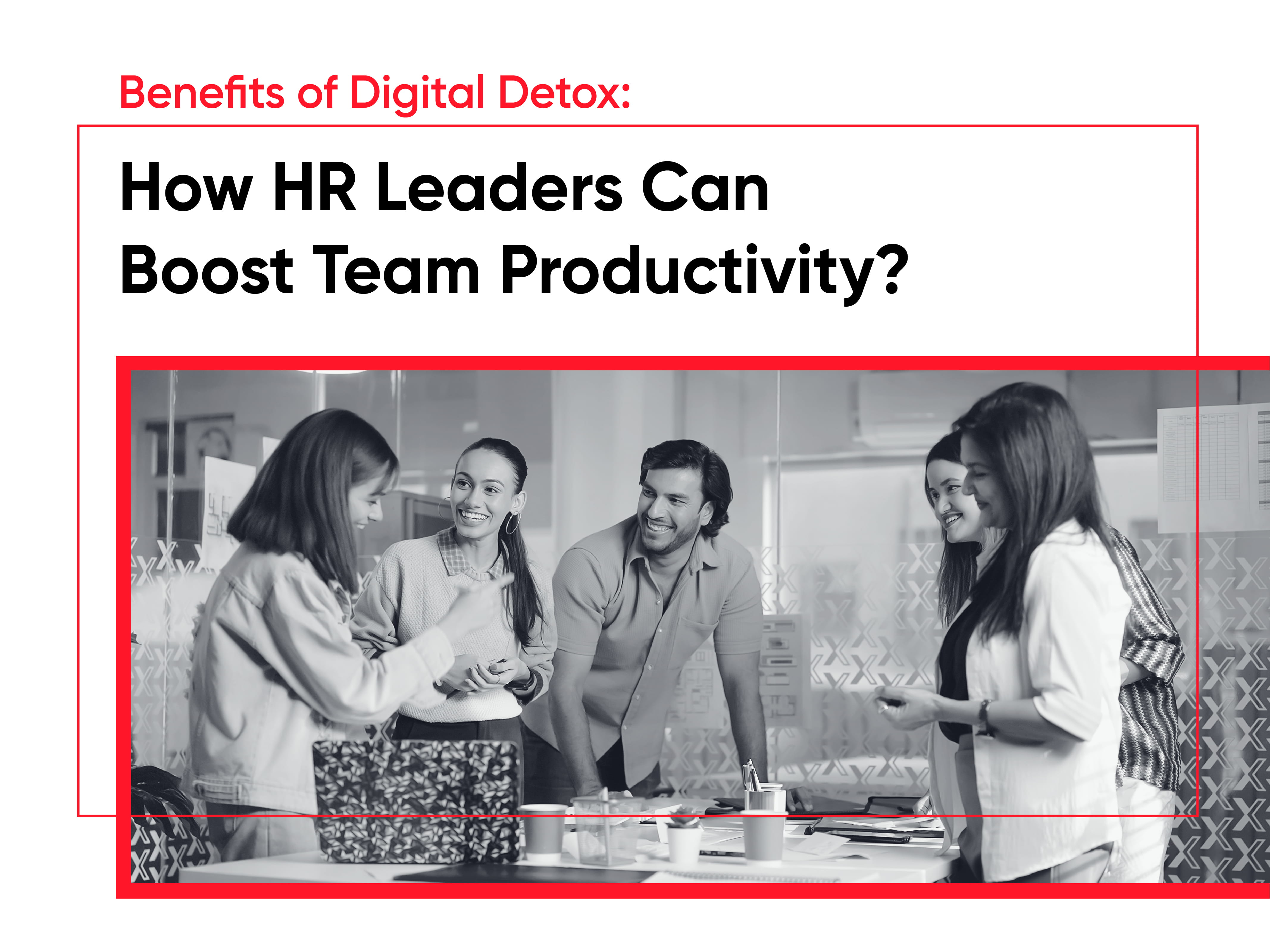In the dynamic landscape of contemporary business, organizations are not just economic entities driven solely by profit motives. Today, they are perceived as stewards of a greater purpose — one that extends beyond boardrooms and bottom lines. The imperative is clear: to nurture the social sustenance of our people. It’s a paradigm shift from profit-centric models to a holistic approach that values human rights, well-being, and inclusive growth. This shift not only defines the essence of progressive organizations but also sets the stage for workplace cultures that contribute to societal betterment.
The Essence of Social Sustenance
At the core of social sustainability lies the commitment to respect and promote human rights, foster employee well-being, and drive inclusive growth. It’s a multifaceted approach that goes beyond traditional business metrics, recognizing the interconnectedness of organizational success and societal progress.

Organizations that prioritize social initiatives and actively engage in fostering social sustenance reap numerous benefits. They cultivate workplace cultures that contribute to societal betterment, enhance employee retention, and foster an atmosphere of innovation. The strategic integration of social issues into the organizational framework effectively mitigates cultural risks, positioning these organizations as leaders not only in their industries but also within their communities.
Empowering Employee Voices

The power of employee voices cannot be overstated. Organizations that champion social sustainability actively seek to represent the diverse perspectives of their workforce. The Commitment towards Social Sustainability report highlights the participation of over 1.3 million employee voices, a testament to the commitment of organizations towards inclusivity and transparency.
Industry Dynamics in Social Sustainability

While the report indicates commendable progress in the realm of social sustainability, it also underscores marked differences across industries. The IT sector emerges as a frontrunner, leading in various factors. To close the gap and provide a more equal environment, coordinated efforts across all businesses are necessary, yet the financial services sector lags behind.
Socially Conscious Workplaces: Standing Apart

Socially conscious workplaces stand apart due to their unwavering commitment to human rights, well-being, and inclusive growth. Despite this commitment, however, there remains a noticeable disparity in social sustainability outcomes. While strides have been made in upholding human rights, the challenge lies in translating these efforts into tangible results for inclusive and equitable growth.
Creating a Fair and Respectful Working Environment

One of the defining characteristics of socially conscious workplaces is their dedication to creating a fair and respectful working environment. By prioritizing and promoting human rights, these workplaces contribute to a positive atmosphere enabled by the facilities received by employees. The commitment to eradicating discrimination and fostering diversity ensures that every employee feels valued, paving the way for a thriving organizational culture.
Enhancing Mental and Emotional Well-being

The correlation between social issues and mental and emotional health is undeniable. Employee well-being is given priority in socially conscious workplaces because they understand that a positive work environment involves more than simply physical comfort—it also involves emotional support and open communication. These organizations foster an environment where employees feel empowered and supported to bring their best selves to work by addressing mental health challenges.
Thriving Career Opportunities

Inclusivity and equitable development are not just moral imperatives; they are strategic assets for organizations. Socially conscious workplaces, by promoting inclusive growth, create an environment of excellence that fosters career opportunities and growth. The commitment to fairness in promotions and career advancement ensures that employees feel valued and motivated to contribute their best.
Cultivating Purpose, Retention, and Innovation

Socially conscious workplaces are not just about compliance; they are about cultivating a sense of purpose. Employees in these kinds of settings have a strong sense of purpose and connection to their work, which increases retention rates.
The culture of societal contribution resonates with employees, fostering a willingness to stay for the long term. Additionally, the commitment to social sustainability creates a fertile ground for innovation, as diverse perspectives and ideas thrive in an inclusive and supportive culture.
Future Focus Areas: Promoting Fairness and Transparency

As organizations march towards greater social sustainability, the focus must shift towards ensuring fair promotions, transparent communication, and the eradication of workplace politics. These aspects, identified as crucial by the report, are integral to shaping the future of work. Employees respond positively to workplace environments that actively contribute to social sustainability, creating a positive feedback loop where organizational success and societal progress are mutually reinforcing.
The Social Sustainability report serves as a beacon for organizations navigating the complex landscape of contemporary business. It reinforces the idea that organizations are not just economic entities; they are societal stakeholders with a responsibility to nurture the social sustenance of their people. By prioritizing human rights, well-being, and inclusive growth, organizations can create workplaces that not only thrive but also contribute meaningfully to the betterment of society. As we move forward, the focus on fairness, transparency, and the holistic well-being of employees will undoubtedly shape the future of work, ensuring that organizations not only succeed financially but also leave a lasting positive impact on the world.










